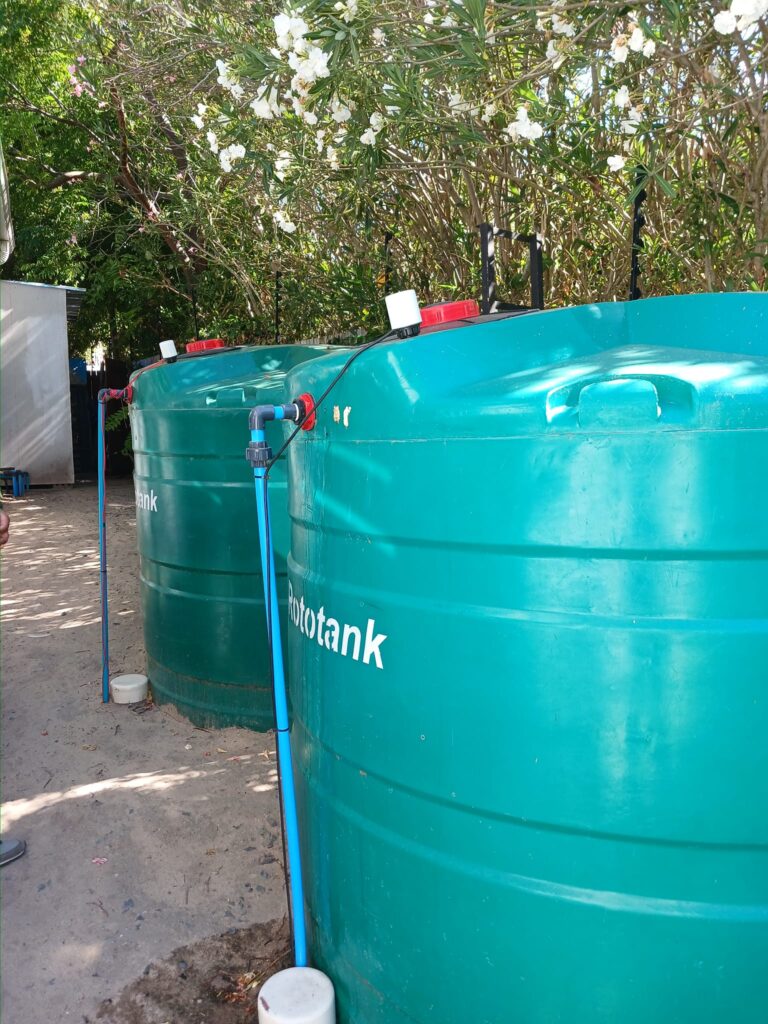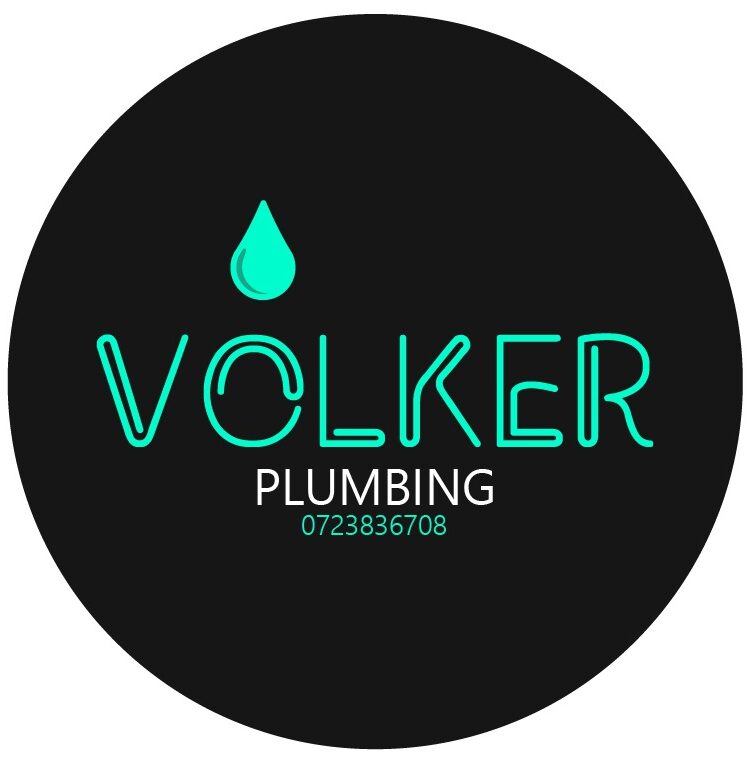In recent years, there has been a growing awareness of the importance of sustainability in every aspect of our lives, including the way we approach plumbing in our homes. Green plumbing offers a range of eco-friendly solutions that not only benefit the environment but also lead to significant cost savings for homeowners. In this blog post, we’ll explore some of the key green plumbing options available today, including low-flow toilets, tankless water heaters, and greywater systems, highlighting their environmental benefits and practical advantages.
Low-Flow Toilets:
Traditional toilets can be one of the biggest water wasters in a household, with older models using up to 26 litres of water per flush. Low-flow toilets, on the other hand, use significantly less water, typically around 6 litres per flush or even less. By installing low-flow toilets, homeowners can dramatically reduce their water consumption, which not only conserves this precious resource but also lowers water bills over time. Modern low-flow toilets are designed to be highly efficient, using innovative flushing mechanisms that ensure effective waste removal while minimizing water usage.
Tankless Water Heaters:
Conventional water heaters with storage tanks constantly heat and reheat water to maintain a set temperature, leading to energy waste and higher utility bills. Tankless water heaters, also known as on-demand or instantaneous water heaters, offer a more sustainable alternative. These systems heat water directly as it is needed, eliminating the need for a storage tank and reducing energy consumption. By heating water only when necessary, tankless water heaters can be up to 30% more energy-efficient than traditional models, resulting in lower energy bills and reduced greenhouse gas emissions. Additionally, tankless water heaters have a longer lifespan than conventional units, further reducing their environmental impact.
Greywater Systems:
Greywater refers to wastewater generated from sources such as sinks, showers, and washing machines, which can be reused for purposes other than drinking, such as irrigation or toilet flushing. Greywater systems capture and treat this water for reuse, reducing the strain on municipal water supplies and lowering water bills. By recycling greywater within the home, homeowners can significantly reduce their overall water consumption and lessen their environmental footprint. Advanced greywater systems use filtration and disinfection technologies to ensure the water is safe for its intended reuse, providing a sustainable solution for water conservation.
In conclusion, green plumbing offers a range of sustainable solutions that not only benefit the environment but also offer practical advantages for homeowners. From low-flow toilets and tankless water heaters to greywater systems, these eco-friendly options can help reduce water and energy consumption, lower utility bills, and contribute to a more sustainable future for all. By investing in green plumbing technologies, homeowners can play a part in conserving resources and protecting the planet for future generations.

